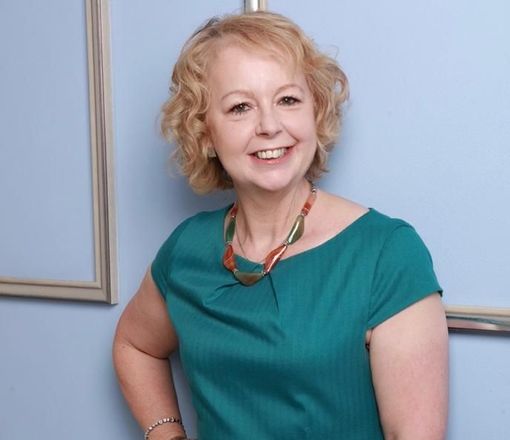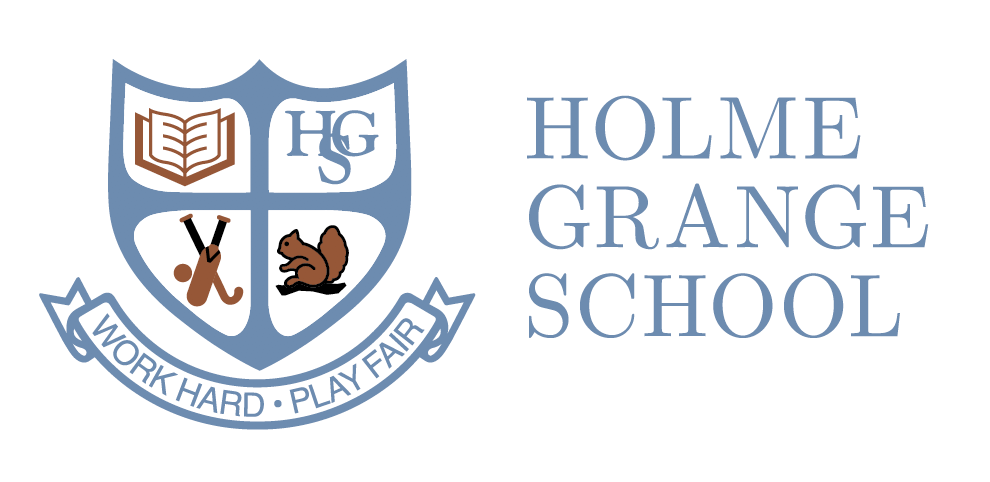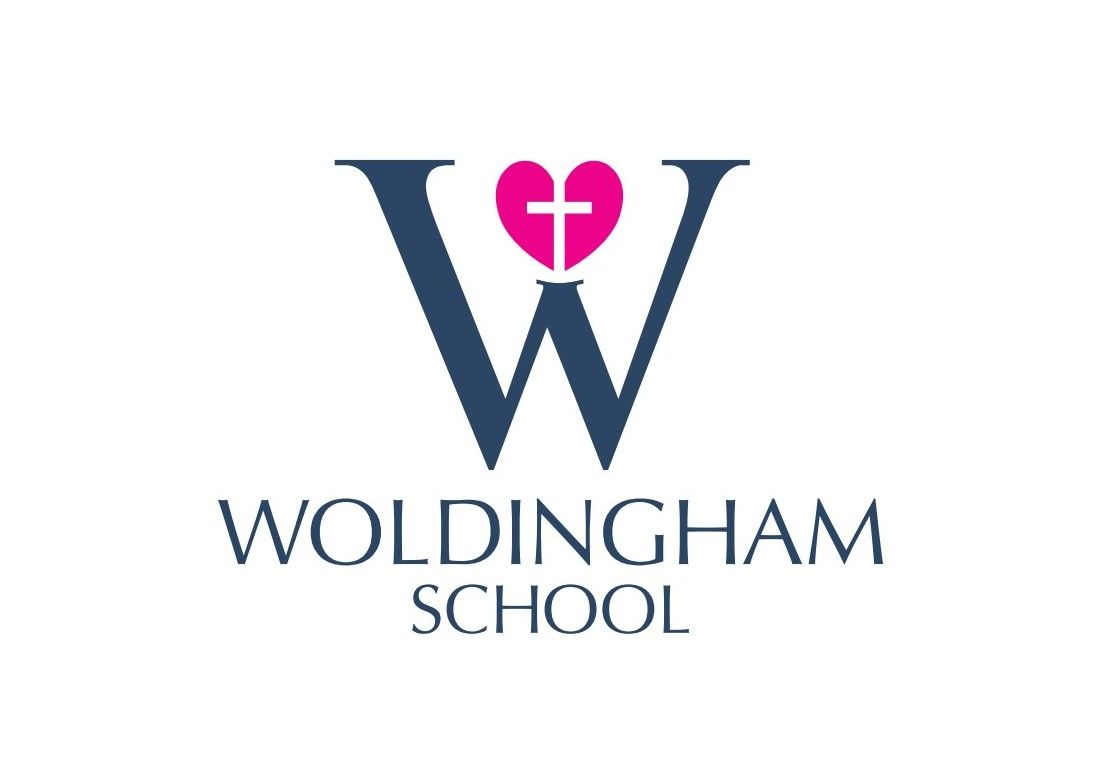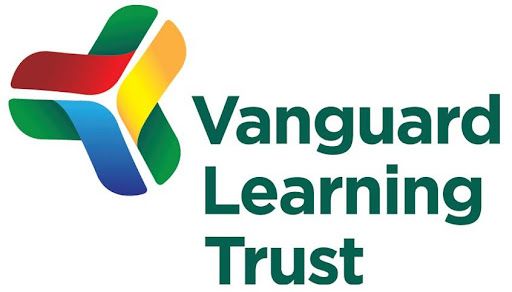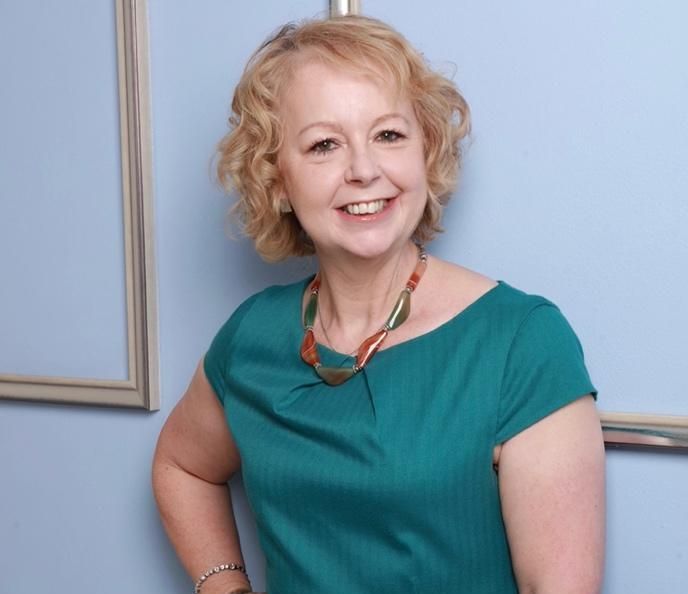Empower your teaching.
Transform learning.
Backed by neuroscience.
At Neuroscience for Education, we help teachers, leaders and SENDCos take a deeper look at how the brain learns and how to teach more effectively because of it. Our CPD courses blend cutting-edge neuroscience with practical classroom strategies to create meaningful, measurable impact.
Led by Professor Patricia Riddell, a renowned neuroscientist and author of NeuroEffective Leadership, our training gives you more than theory, it gives you tools.
Our courses help you understand the why behind the what.
Take your next step toward more inclusive, impactful and brain-aligned teaching.
Explore our courses and book your place today.
How can Neuroscience help educators?
Through utilising imaging technologies to analyse brain responses to different stimuli, we gain a deeper insight into how a student's surroundings and interactions with others can impact their physical, emotional, and behavioural growth. This knowledge enhances educators' capacity to identify indicators of progress and setbacks, enables them to create an optimal learning setting for their students, and elucidates how varied interactions with students can result in favourable long-term results.
It is essential to note that neuroscience for educators should complement, rather than replace, the already established practices. Neuroscience serves to enhance our comprehension, shedding light on the reasons behind the effectiveness or ineffectiveness of certain methodologies.
Here are some real life examples from previous cohorts that demonstrate how neuroscience can help in your classroom:
- Using mnemonics to increase memory for science in a low‐attaining Year 7 class.
- Teaching when to use fast and slow thinking in maths.
- Deploying conscious states for learning to improve retention in primary school children.
- Using spaced learning effectively in the classroom.
- Helping students to understand when stress is good and how to build resilience.
- Using an escape room to teach literature in a mixed ability class.
- Increasing intrinsic motivation to improve engagement and learning in the classroom.
- Improving own ability to work with difficult people.
Do any of these successes spark inspiration in you?
That's where we come in...
Our Partner Schools
We work closely with forward-thinking schools who are committed to embedding neuroscience into everyday educational practice. Our Partner Schools gain access to exclusive resources, training and expert support designed to help pupils, teachers and parents understand how the brain learns and how to use that knowledge to improve outcomes.
By partnering with us, schools become part of a growing movement to make evidence-based, brain-friendly teaching accessible to every learner. You can see below some of our current partner schools.
Become a
Neuroscience for Education
Partner School
Empower your staff, support your pupils and strengthen your whole-school approach to learning by becoming a Neuroscience for Education Partner School.
Our Partner School programme is designed for schools that want to bring cutting-edge neuroscience into the heart of their practice, without adding pressure or workload. You’ll receive a rich combination of resources, training, consultancy and discounted professional development opportunities to help your entire school community benefit from the latest research on how the brain learns.
What Partner Schools Receive
✔ Online resource library
Access downloadable PDFs, short videos, and podcasts that explain key neuroscience concepts in accessible, practical ways for pupils, teachers and parents. COMING SOON!
✔ Half-day INSET workshop
Choose a neuroscience topic that matters most to your school and receive a tailored, interactive training session delivered by our expert team.
✔ Discounted CPD opportunity
Enjoy one reduced-cost place per year on the Neuroscience for Teachers programme (50% discount per school for multi-school academies).
✔ Consultancy support (3 hours)
Receive up to three hours of personalised consultancy to help you understand and apply neuroscience-based research or interventions within your school.
Why Partner With Us?
- Strengthen teacher confidence with evidence-based strategies
- Support pupils’ wellbeing, engagement and learning
- Equip families with clear, accessible neuroscience-informed guidance
- Embed a shared language about how the brain learns across your community
- Demonstrate commitment to high-quality, research-backed practice
Ready to Join Us?
Partner Schools are at the forefront of a movement to make education more adaptive, inclusive and brain-friendly. We’d love to welcome you.
To become a Partner School or request more information, contact us at info@neuroscienceforeducation.co.uk.
Training
We provide training for students and staff, including CPD accredited programme, inset training days and conferences. Schools we have previously worked with include Rugby School, Holme Grange School, Eton College, Holyport College, King Alfred's School, Vyners School and Benenden School.
2025/26 - Neuroscience for Teachers and Neuroscience for Educational Leaders
CPD Programmes with Professor Patricia Riddell
We are now recruiting for our 5th cohort starting in September 2025. To register your interest please complete the form below.
Find out more
Research
Strong academic partnerships are central to our work at Neuroscience For Education.
These partnerships improve our understanding of new developments in the field of educational neuroscience, allowing us to establish a clear and strong scientific evidence base to inform and underpin recommended teaching practice.
We have partnered with leading neuroscientists and psychologists at the University of Reading, University of Bristol and Goldsmiths, University of London to carry out exciting new research. Discover our latest key findings by clicking on the Research page under the Resources tab.
Teachers on the Neuroscience for Teachers course learn how to direct their own action based research, underpinned by the latest research findings. They then feed this back into their own schools and their individual professional development. Projects have included:
- Using mnemonics to increase memory for science in a low-attaining Year 7 class
- Designing an intervention to teach when to use fast and slow thinking in maths
- Designing an intervention to deploy conscious states of learning in order to improve retention in primary school children
- Using spaced learning effectively in the classroom Helping students understand when stress is good and how to build resilience
- Designing an intervention which used an escape room to teach literature to a mixed ability group
- Increasing intrinsic motivation in the classroom thus increasing engagement and learning
- Improving own ability to work with difficult people
Come and join them!
Consultancy
You know your school and its community better than anyone; its strengths and triumphs as well as the aspects you’d like to improve.
We offer a range of bespoke services encompassing research, training and resources to support you in meeting any challenges that you are seeking to address within your school.
Harnessing evidence informed strategies and practices, we will work with you to design, implement and evaluate a specific intervention, programme or project that you have in place or are considering introducing.
Read about how we have successfully worked with a variety of schools on specific areas such as gratitude, character and resilience, sleep and wellbeing.
Discover how we can work together to enrich teenage learning in your school.
Get a FREE
online consultation to discuss your challenges and objectives. Alternatively, you can contact via the button below.
